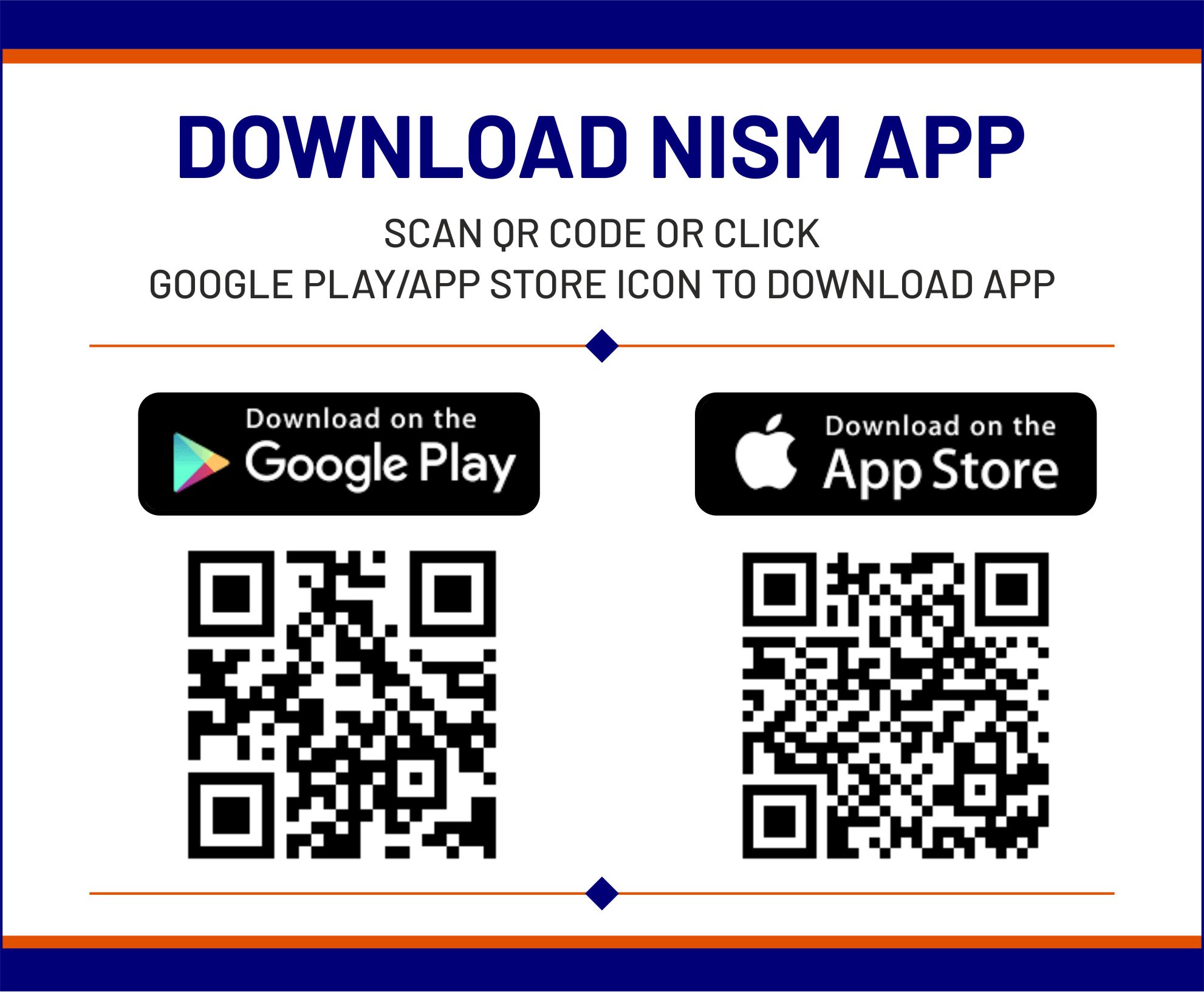I : Concept and Role of a Mutual Fund
A. Know the concept of securities markets and its role in the Indian Economy
B. Understand the concept of mutual fund and compare and contrast with conventional investment avenues such as Bank Deposits, Post Office Deposits, Public Provident Fund.
C. Understand the mutual fund industry and related concepts
D. List the advantages and limitations of a mutual fund
E. Understand the two plans or routes for investors to invest in a mutual fund
F. Know about the different kind of investment options available to the investors
G. Explain the role of new cadre of mutual fund distributors
II : Fund Structure and Constituents
A. Know the basic legal structure of mutual funds in India and understand their role
B. Understand the role and support functions of service providers of mutual funds
C. Understand the organisation structure of Asset Management Company
III: Mutual Fund Products
A. Understand the classification of mutual fund schemes
B. Explain the categorisation and definition of open-end mutual fund schemes
IV : Performance of Mutual Funds
A.Understand the classification of mutual fund schemes
B. Understand the concepts of Entry Load and Exit Load and their application in calculating the Net Asset Value (NAV)
C. Understand the calculation of returns for an investor investing in mutual fund schemes
D. Understand the concept of risk in a mutual fund investment
E. Understand the measures of risk adjusted return
F. Understand the concept of benchmark for some of the mutual fund schemes
V : Mutual Funds Taxation
A. Understand the different types of taxes associated with mutual fund schemes
B. Select different schemes of mutual funds based on their tax implication
VI : Offer Document
A. Know the process of New Fund Offer (NFO)
B. Understand the key components of an offer document
VII : Fund Distribution and Sales Practices
A. Know various distribution channels for mutual funds
B. Know the pre-requisites to be fulfilled to become a distributor of a mutual fund
C. Know the transaction charges and commission structure for mutual fund distributors
D. Know the regulations, guidelines and code of conduct for selling mutual fund schemes
VIII : Investor Transactions
A. Know the types of investors eligible to invest in mutual fund schemes
B. Understand the compliance requirements for mutual fund investors
C. Know the KYC process followed by distributors through KYC Registered Agency (KRA)
D. List the types of investor transactions in mutual funds
E. Understand the different transaction mediums for purchase and repurchase (sale) of mutual fund
F.Know the cut-off timing for subscription and redemption of mutual fund schemes
G. Understand the concept of dematerialisation and mutual fund transactions through stock exchanges
IX: Investment Services
A. Describe the mutual fund investment plans
B. Understand the systematic transaction processes
C. Describe the contents and periodicity of Statement of Account (SoA) and Consolidated Account Statement (CAS) to the investor
D. Explain the process for nomination and pledge
E. List investor services and facilities offered by AMCs
X: Asset Classes
A. Understand the objective behind investing in different asset classes through mutual funds
XI: Financial Planning Concepts
A. Understand the basics of Financial Planning
B. Relate financial planning to financial goals and the time horizon for their achievement
C. Relate Financial Goals with Investment Requirements
XII: Helping Investors with Financial Planning
A. Understand the steps of financial planning
B. Know various stages of Life Cycle and investment needs
C. Know various stages of Wealth Cycle and investment needs
D. Understand the importance of risk profiling
E. Understand financial planning with the help of model portfolios
F. Understand the important parameters for selecting mutual fund schemes
G. Understand taxation and liquidity aspects while selecting growth and dividend option within a mutual fund scheme
H. Identify the sources of data to track mutual fund performance
XIII : Legal and Regulatory Environment
A. Know the role of SEBI in regulating mutual funds
B. List the functions of AMFI
C. Understand Investors rights and obligations

